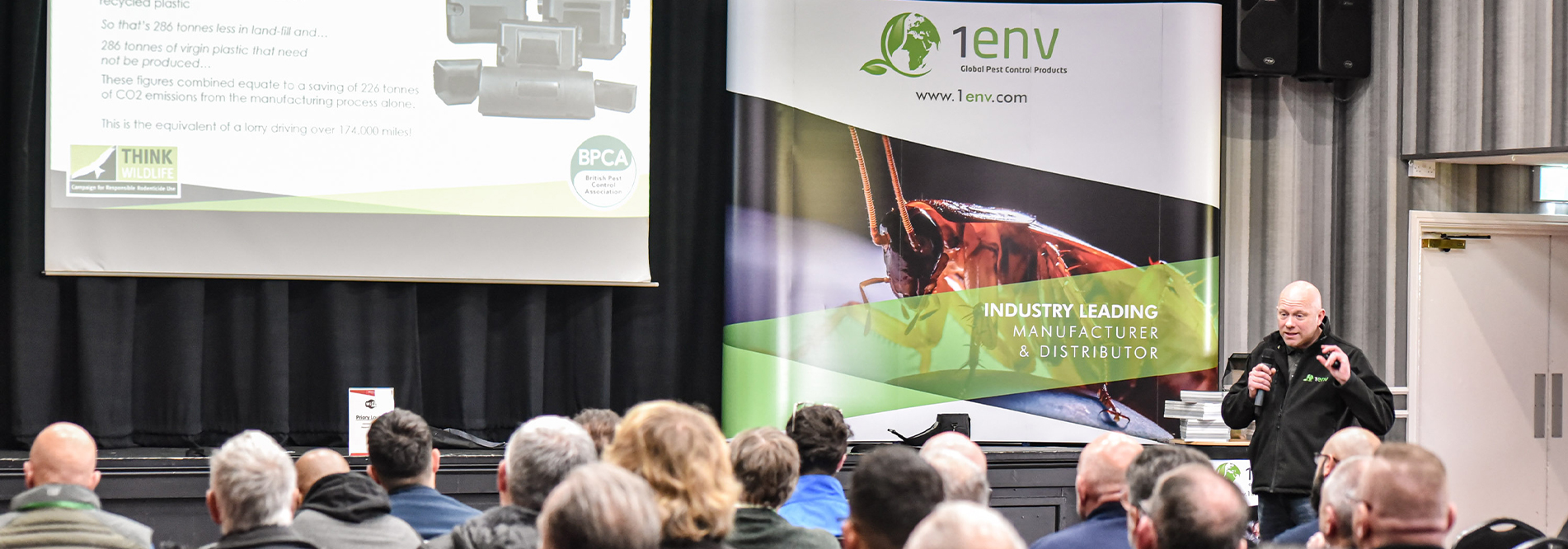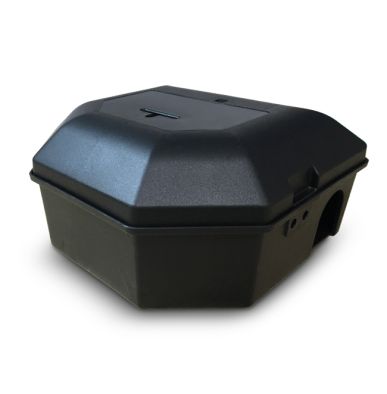The pest control industry is ever-evolving, and constant change brings new challenges, innovative solutions and updated regulations. Keeping up with these developments within our industry is essential, which is why training is crucial.
Training isn’t just about fulfilling a requirement—it’s about maintaining expertise, ensuring safety, and keeping yourself up to date. There’s a quote used regularly by one of our trainers that illustrates this:
“Me and Lewis Hamilton both have a driver’s license, but if you put both of us in a Ferrari and were to see who could go round a track quicker, I’m probably only getting round the first corner before Lewis finishes his lap.”
Though this analogy might seem random, it gets to the core of why training is so important; through years of perfecting his craft, Lewis Hamilton has become the best in the world at what he does. He may only hold the same qualifications as the average Joe, but his vast experience in his field gained through training and learning new skills gives him the edge over everyone else.
So, what can I learn about the pest control industry from the latest training courses?
Learning from Industry Best Practices
Training sessions or certification courses give pest controllers the chance to learn from case studies, new research, and fellow professionals. This knowledge can improve their problem-solving skills, enabling them to tackle complex infestations more efficiently.
Meeting Regulatory Standards
The pest control industry is tightly regulated to ensure environmental and public health safety. However, these regulations are subject to frequent change. Training programs provide updated knowledge of compliance requirements, helping pest controllers avoid legal issues and fines.
Improved Identification Techniques
Training keeps pest controllers adept at recognizing not only traditional pests but also emerging threats, such as Asian Hornets. Early identification is critical for treatment success and for preventing infestations from becoming unmanageable.
Becoming Adaptable to Change
With rising global temperatures, pest behaviours and habitats are shifting. For instance, in 2024 many pest controllers reported a much later start than normal for the wasp season, largely thought to be due to the milder weather in the preceding months. It’s vital for pest control businesses to understand how to handle these shifts effectively, as well as deal with unfamiliar species and patterns that might appear in new regions.
Integrated Pest Management (IPM) Techniques
Integrated Pest Management is becoming a standard approach in the industry due to its focus on long-term solutions and reduced chemical usage. Training helps pest controllers learn effective IPM strategies that are environmentally responsible and highly effective.
Expanding Your Service
Training programs can offer expertise in areas such as wildlife management, bed bugs, or pest control in domestic properties. These courses enable pest controllers to diversify their services and cater to a broader client base.
In an industry where adaptability and knowledge are keys to success, making continuous education a priority and staying up to date ensures pest controllers remain at the top of their field.
Whether you’re interested in taking a training course to start a career in pest control or looking to further your existing knowledge, you can check out our range of training courses by clicking here.
Looking for something tailored to your business? We also offer bespoke training courses, customizable to fit to your every need!





“ You cannot fault the service from 1ENV. I ordered at 9am on Monday. Order was with me 7:30am Tuesday! I was getting ready to kick off at the driver parked across my drive until I realised it was for me! Fantastic service & products unique to them. Thanks again. ”